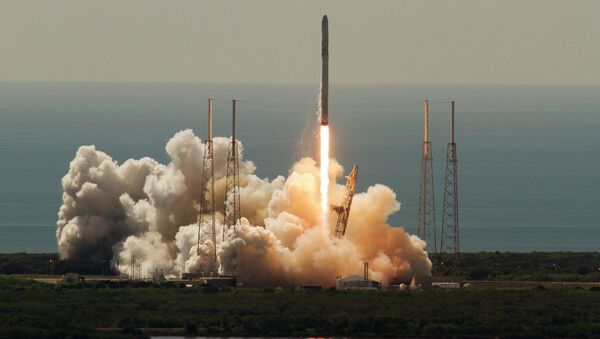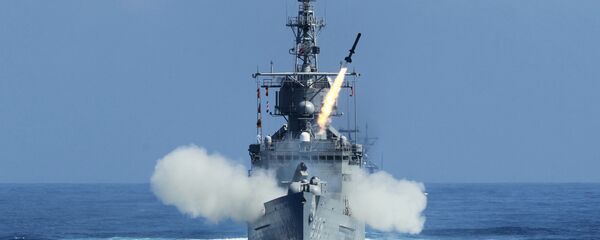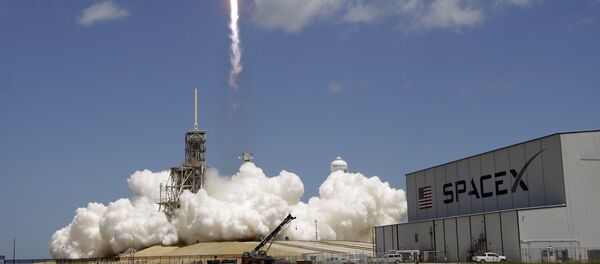The ambitious project, expected to cost NT$25.1 billion ($814 million), would be headed by Taiwan's National Applied Research Laboratories and the National Space Organization (NSPO), Minister of Science and Technology Chen Liang-gee said Wednesday, according to Taiwan News.
Six of the new generation of satellites will be high-resolution optical remote sensing satellites, which NSPO Director-General Lin Chun-liang boasted would increase the revisit rate on images from once every two days to two or three times per day, the Taipei Times noted.
The remainder of the program includes two ultra-high resolution smart optics remote sensing satellites and two synthetic aperture radar satellites, the latter of which can use active radar to see through cloud cover, Asia Times noted.
Lin further noted that the agency hoped to develop a satellite capable of orbiting the moon.
All of the country's satellites so far have focused on such photographic missions, which Lin noted would continue to benefit government policies, rescue missions, disaster prevention and scientific research.
However, since Taiwan lacks its own rocket program, all these satellites have to hitch rides into space on foreign spacecraft. Private space firm SpaceX has provided such services in the past, but considering the country has been trying to get SpaceX to launch its Formosat-7 microsatellite constellation for two years, the goal of a new launch every 18 months is indeed ambitious. The space company says its Falcon Heavy rocket, which only made its maiden flight in February 2018, needs more testing.
That hasn't stopped the US Air Force from signing a $130 million contract with SpaceX to carry a satellite on the rocket in 2020, which it penned last June, Sputnik reported.
The Taipei Times reported at the start of the year that the NSPO would be mailing Formosat-7, which is six microsatellites contained in one larger "mothership," to the US in a diplomatic pouch via China Airlines.
Taiwan only launched its first domestically made satellite two years ago. The Formosat-5 launched on a SpaceX Falcon 9 rocket in August 2017, the Straits-Times reported.



